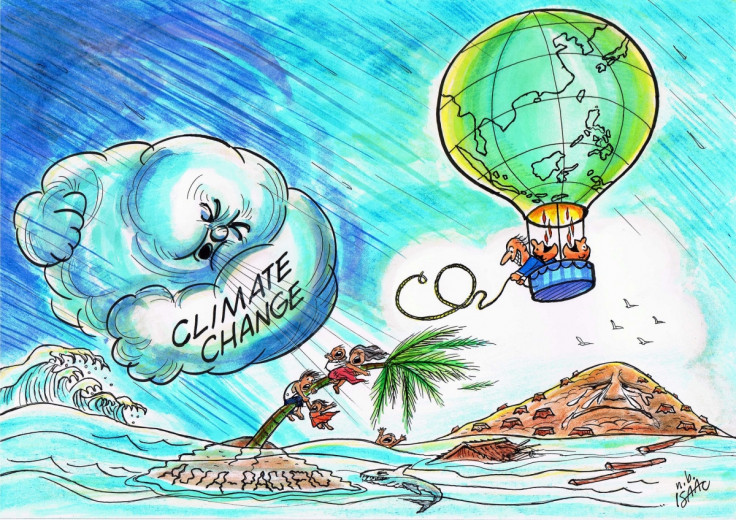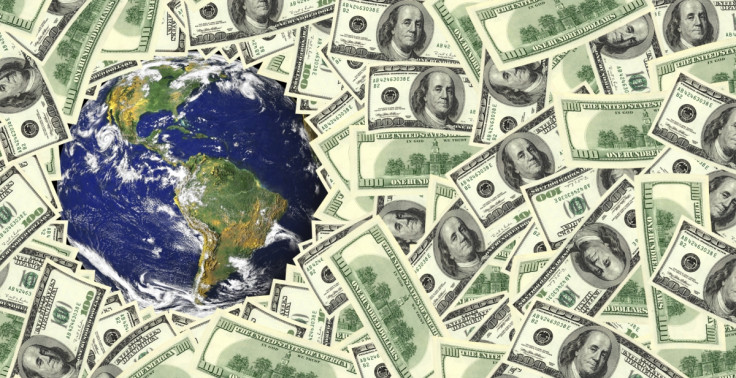Climate change will dictate which parts of the world are richest and poorest

Climate change is altering the distribution of wealth, say researchers from Rutgers University in New Jersey. Wealth among regions is becoming increasingly unequal, as natural amenities change in response to global warming.
The research, published in the journal Nature Climate Change, says that fish are migrating towards the North or South Pole, in an attempt to adapt to the changing temperatures of the ocean. This means that communities relying on fish farming in these areas are drawing in huge amounts of stocks, while those in the mid-latitudes are seeing dwindling supply.
"What we find is that natural resources like fish are being pushed around by climate change, and that changes who gets access to them," said researcher Malin Pinsky. Researchers analysed data from Pinksy himself, focusing on the number of fish migrating and where they were heading to. In addition, the researchers used a precise formula which could calculate the shift of "inclusive wealth".

Inclusive wealth
This is the wealth of an entire area, taking into account the amount of money that is currently there, as well a numerical representative of its resources. In this case, an area which had an abundance of fish around its coast would gain inclusive wealth, because those fish could eventually be farmed and sold for profit.
This does not just include fish, though. It takes into account all natural resources – including trees, minerals and other animals. Ultimately, the researchers say we can expect the affluence among countries to change as climate change worsens.
The researchers discovered that inclusive wealth is adjusting in line with climate change. Temperate regions, which have enjoyed a strong inclusive wealth in the past, are beginning to lose some of their capital towards the Poles.
"We tend to think of climate change as just a problem of physics and biology," said Pinsky. "But people react to climate change as well, and at the moment we don't have a good understanding for the impacts of human behaviour on natural resources affected by climate change."
© Copyright IBTimes 2025. All rights reserved.






















